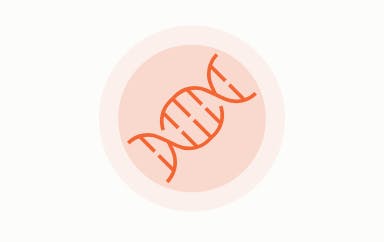RSV Disease Overview
RSV is a contagious respiratory virus that can lead to serious complications in adults


Diagnosis in primary care is usually based on symptoms and local epidemiology3
RSV is under-diagnosed and under-reported in adults, in part because:

RNA detection by RT-PCR1,2

Antigen detection by ELISA or immunofluorescence1,2

Culture isolation1,2
The mainstay of therapy for acute infection is supportive care5-7

Mild infection
Most RSV infections resolve without clinical complications within 1 or 2 weeks5,7
Maintenance of hydration and managing symptoms with over-the-counter medications5

Severe infection
Supplemental oxygen or mechanical ventilation5-7
Maintenance of hydration, using nasogastric or intravenous fluids when needed7,8
(Bronchodilators, corticosteroids and antibiotics are not routinely recommended7,8)
AE, adverse effect; ELISA, enzyme-linked immunosorbent assay; FDA, Food and Drug Administration; LRTI, lower respiratory tract infection; PCR, Polymerase chain reaction rRT-PCR, real-time reverse-transcription PCR; RSV, respiratory syncytial virus